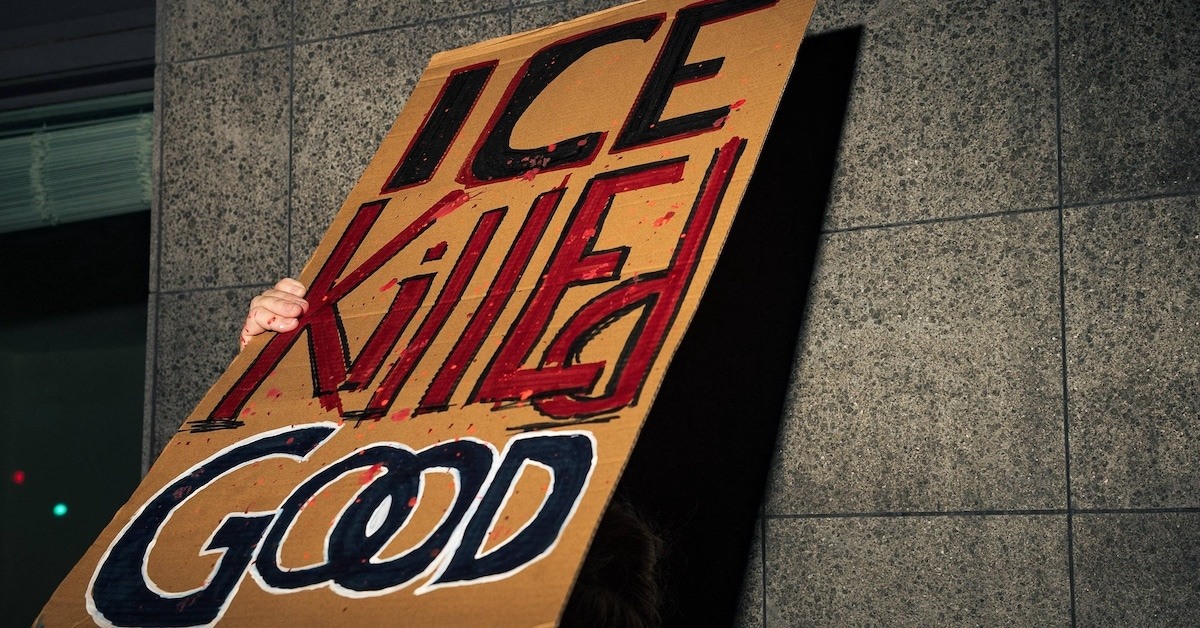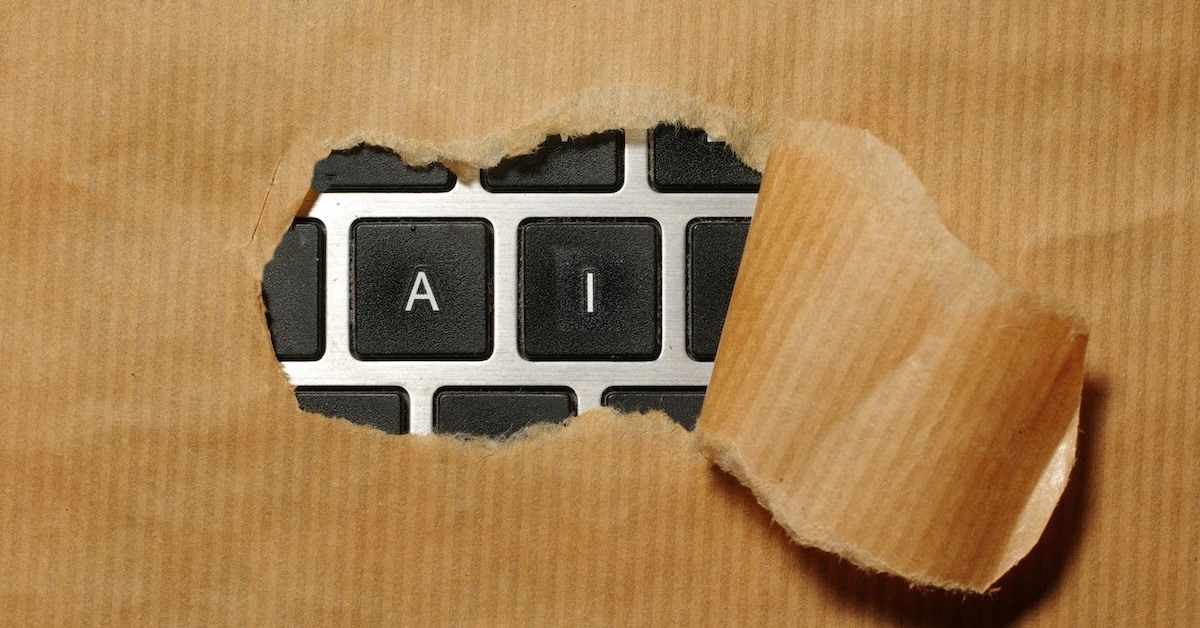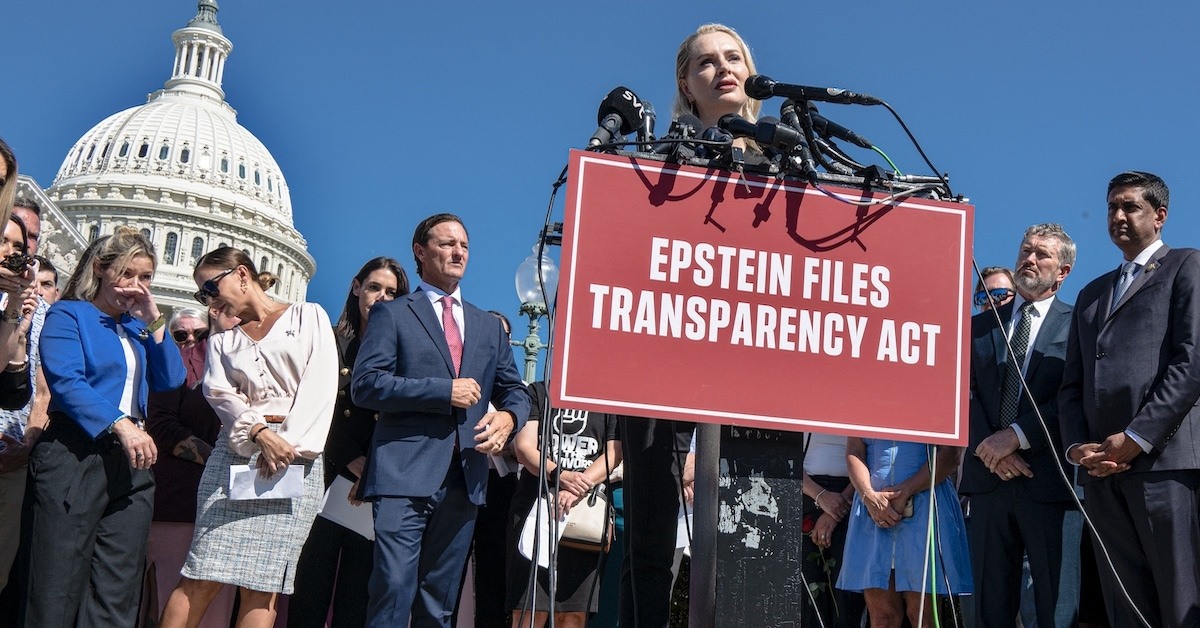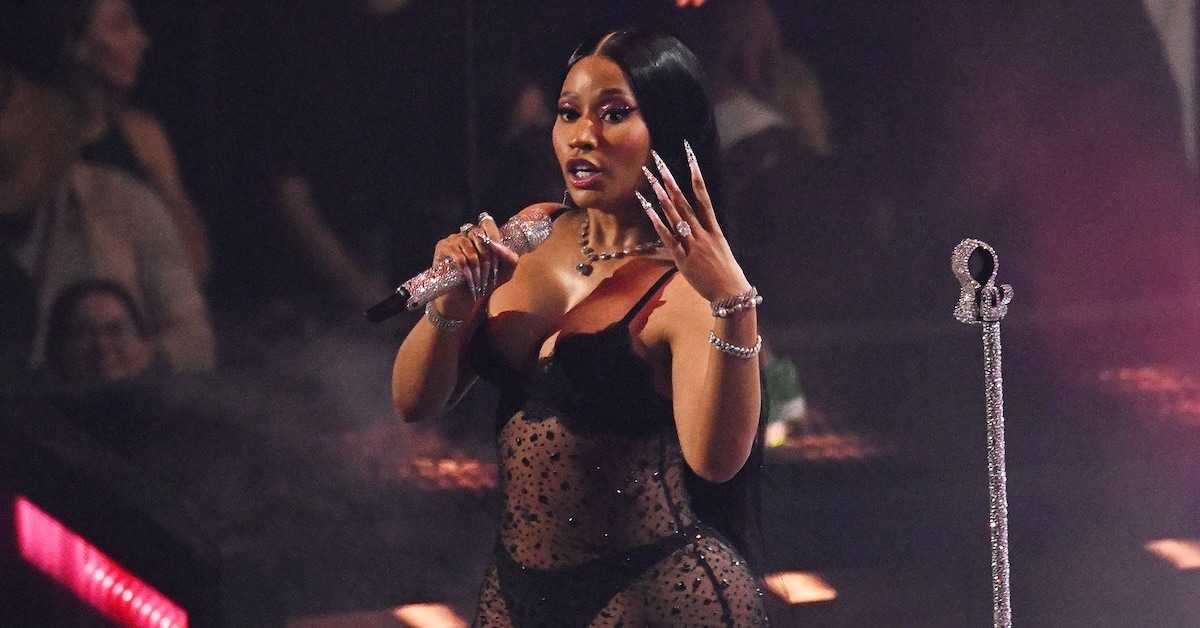BY: Nick Fulton
Published 4 months ago

A court in the southern Russian republic of Karachay-Cherkessia fined a local woman 1,000 rubles after convicting her of spreading “LGBT propaganda” on social media, in a case that raises questions about the reach and retroactivity of Russia’s increasingly restrictive laws on queer expression.
The posts in question were published on VKontakte, a Russian social media platform. Posted in May 2020, they included images of a rainbow flag and two girls kissing. The trial occurred in the city of Cherkessk this year on Sept. 9. In response to the charges the defendant admitted guilt and expressed remorse for the content. The court’s ruling was a fine roughly equivalent to $12.
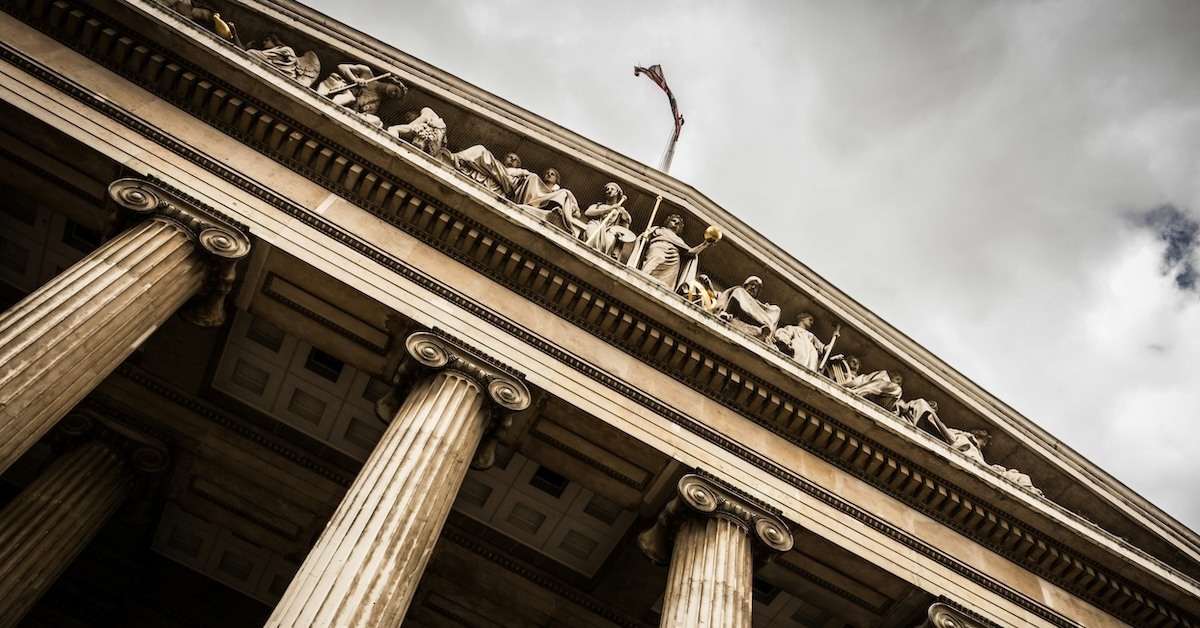
Russia’s History of Queer Censorship
The turning point came in late 2023, when Russia’s Supreme Court ruled that the “international LGBT movement” constitutes an extremist organization. The decision, which legally took effect in January 2024, allows authorities to pursue individuals who display LGBTQIA+ symbols or content under anti-extremism measures. That move followed prior amendments that broadened the original “gay propaganda” ban to apply to audiences of all ages.
Until recently, a 2013 law prohibited the distribution of “non-traditional sexual relations” content when minors might be exposed, officially framed as child protection. Over time, authorities interpreted it to justify censorship of books, art, online posts, and even personal messaging with queer themes. In 2022, further amendments extended the law’s reach, banning outright any “promotion” of LGBTQIA+ identities or gender transition to any age group. That placed media, publishers, and individuals under far more stringent limitations.
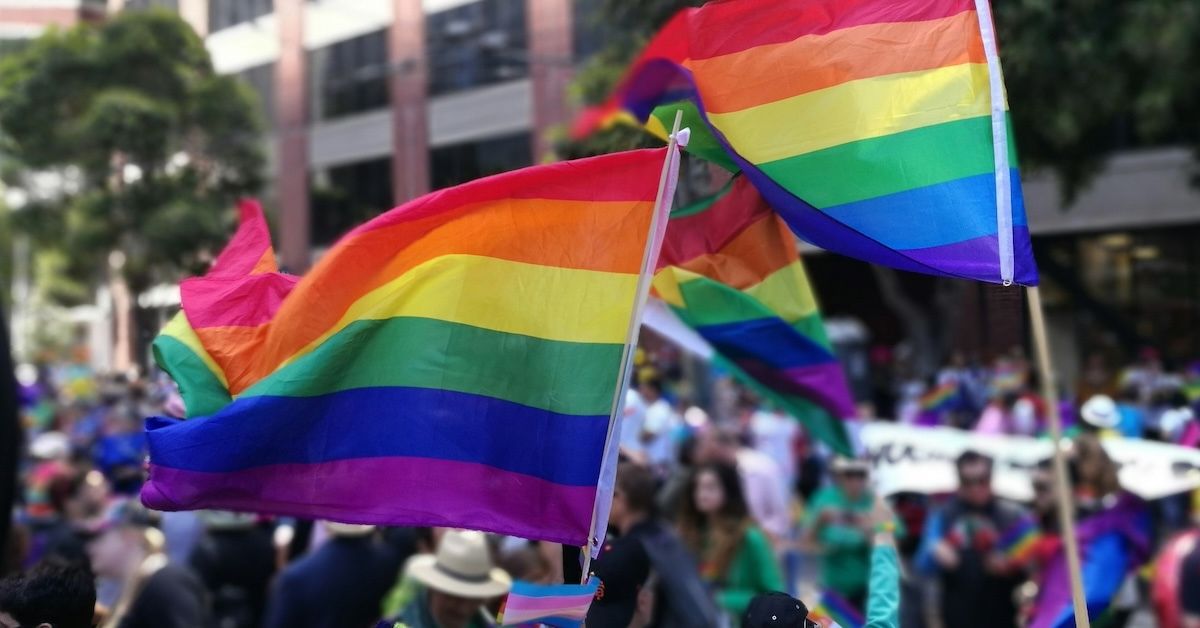
The Consequences of Queer Censorship
The Supreme Court’s 2023 ruling elevated the new legal regime. Treating LGBTQIA+ symbols as akin to propaganda for a banned extremist group. Under that framework, a rainbow flag or an innocuous social media post can be viewed as evidence of extremist affiliation. The law has turned identity and expression into grounds for punishment rather than protected speech.
It remains unclear whether the Karachay-Cherkessia case will set a precedent that courts will aggressively enforce in more regions. Because the posts date from 2020, before the extremist ruling, there is an argument that penalizing them now amounts to retroactive enforcement — a point often disallowed in fair legal systems. Still, the defendant’s admission and lack of defense may have made her an easy target.
So far, there is no indication she is mounting a legal appeal, and public commentary from her side appears limited. The case nevertheless serves as a caution to LGBTQIA+ Russians and allies. Even long-dormant posts, images, or symbols may invite punitive action under the new regime. Russia’s expansion of propaganda and extremist laws is a warning. They are being used to silence dissent and erase public life for LGBTQIA+ people in Russia. The laws continue to further breach Russia’s international human rights obligations by criminalizing the expression of identity. The Karachay-Cherkessia ruling may be a small fine, but its symbolic weight is far greater — a reminder that in Russia, the price of visibility is now a legal gamble.


